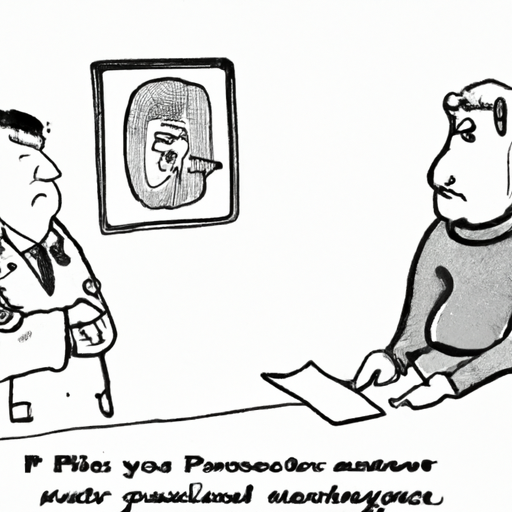As a caregiver, you’re always looking out for your furry friend’s well-being. It’s essential to understand the various health issues that can affect your dog, one of which is pancreatitis.
What is Pancreatitis?
Pancreatitis is an inflammation of the pancreas, a vital organ that plays a role in digestion and blood sugar regulation. In dogs, it can occur suddenly (acute) or over a long period (chronic).
Causes of Pancreatitis in Dogs
The exact cause of pancreatitis in dogs is often unclear, but several factors can contribute:
- Diet: High-fat diets are often linked to pancreatitis.
- Obesity: Overweight dogs are at a higher risk.
- Medications: Certain drugs can trigger pancreatitis.
- Metabolic Disorders: Conditions like diabetes can predispose a dog to pancreatitis.
- Trauma: An injury to the abdominal area can lead to pancreatitis.
Symptoms of Pancreatitis
Recognizing the signs of pancreatitis early can lead to quicker treatment and better prognosis. Your dog may exhibit:
- Loss of appetite
- Vomiting
- Abdominal pain
- Fever
- Diarrhea
- Lethargy
Diagnosis and Treatment
Diagnosing pancreatitis can be challenging as the symptoms are often similar to other diseases. Veterinarians usually rely on a combination of physical examination, blood tests, ultrasound, and sometimes a biopsy.
Treatment usually involves:
- Fasting: To rest the pancreas, your dog may need to fast for a few days.
- Fluid Therapy: To prevent dehydration from vomiting and diarrhea.
- Pain Management: Medications may be given to control pain.
- Dietary changes: A low-fat, easily digestible diet is often recommended.
| Treatment | Purpose |
|---|---|
| Fasting | Rest the pancreas |
| Fluid Therapy | Prevent dehydration |
| Pain Management | Control pain |
| Dietary changes | Reduce strain on the pancreas |
Prevention of Pancreatitis
Preventing pancreatitis primarily involves maintaining a healthy lifestyle for your dog:
- Feed a balanced, low-fat diet
- Regular exercise
- Regular vet check-ups
- Avoid feeding table scraps
Frequently Asked Questions
Q: Can pancreatitis be cured in dogs?
A: Pancreatitis can often be managed with appropriate treatment and dietary changes, but some dogs may have recurrent episodes.
Q: Can my dog get pancreatitis from eating fatty foods?
A: Yes, high-fat foods can trigger a bout of pancreatitis.
Q: How long does it take for a dog to recover from pancreatitis?
A: The recovery time varies depending on the severity of the disease. It can range from a few days to a few weeks.
Q: Can pancreatitis cause long-term damage?
A: Chronic pancreatitis can cause damage to the pancreas, leading to diabetes or exocrine pancreatic insufficiency.
Taking care of a dog with pancreatitis can be a challenge, but with your loving care and attention, your furry friend can live a comfortable and happy life.



